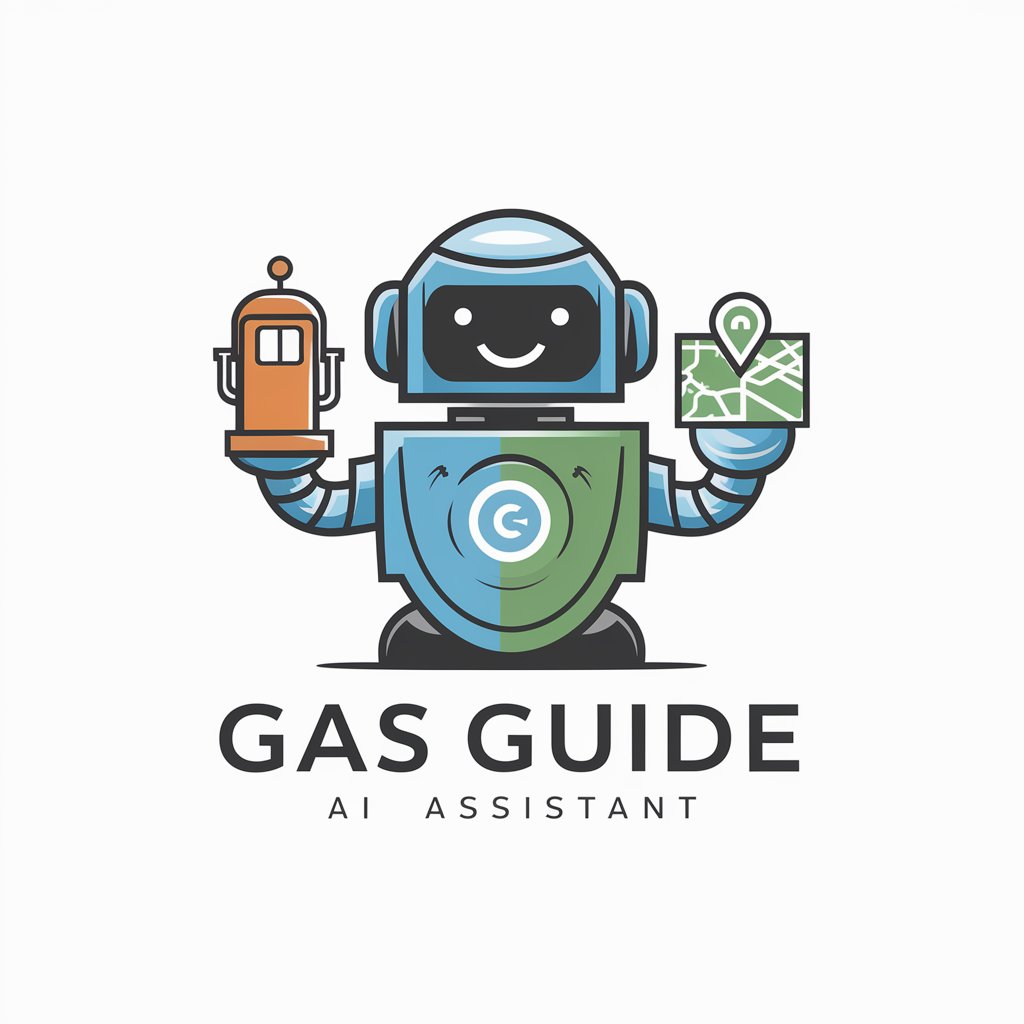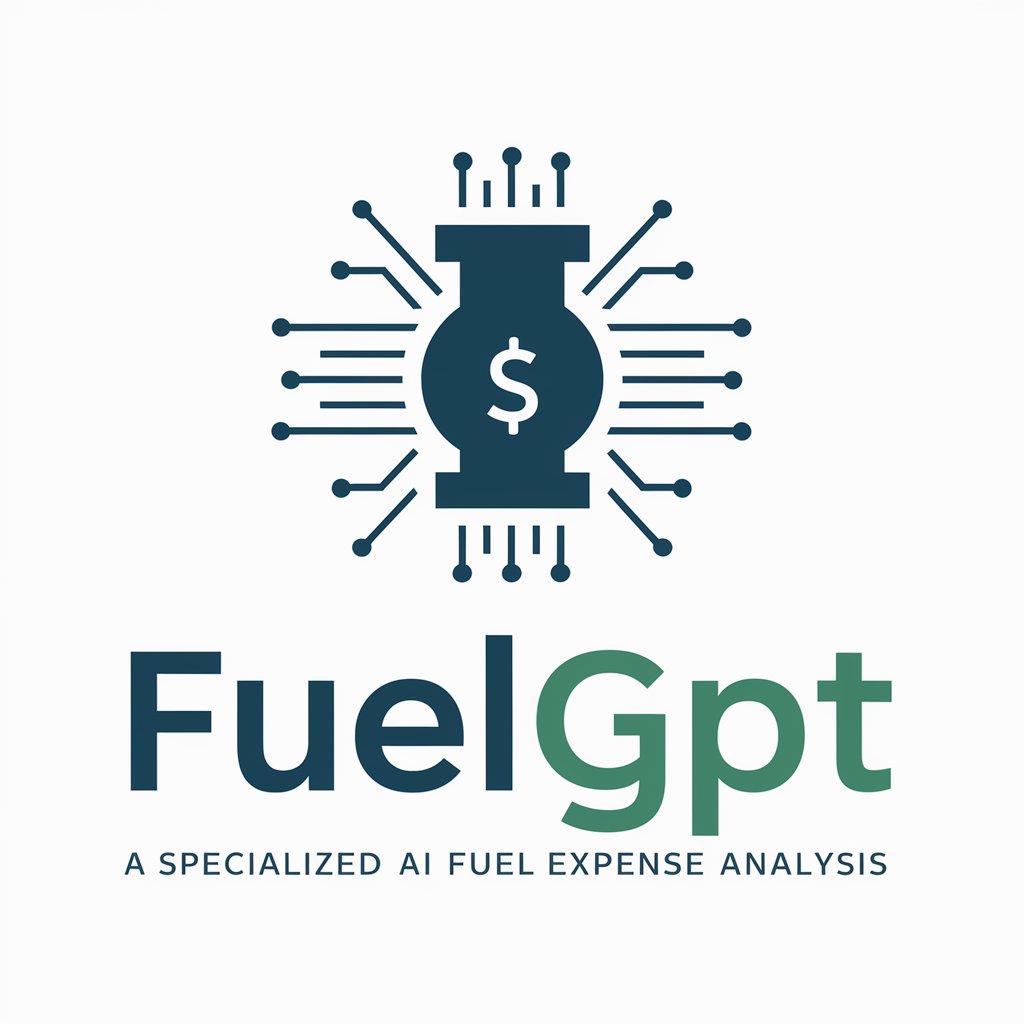
Gasoline - Expert Gasoline Insights
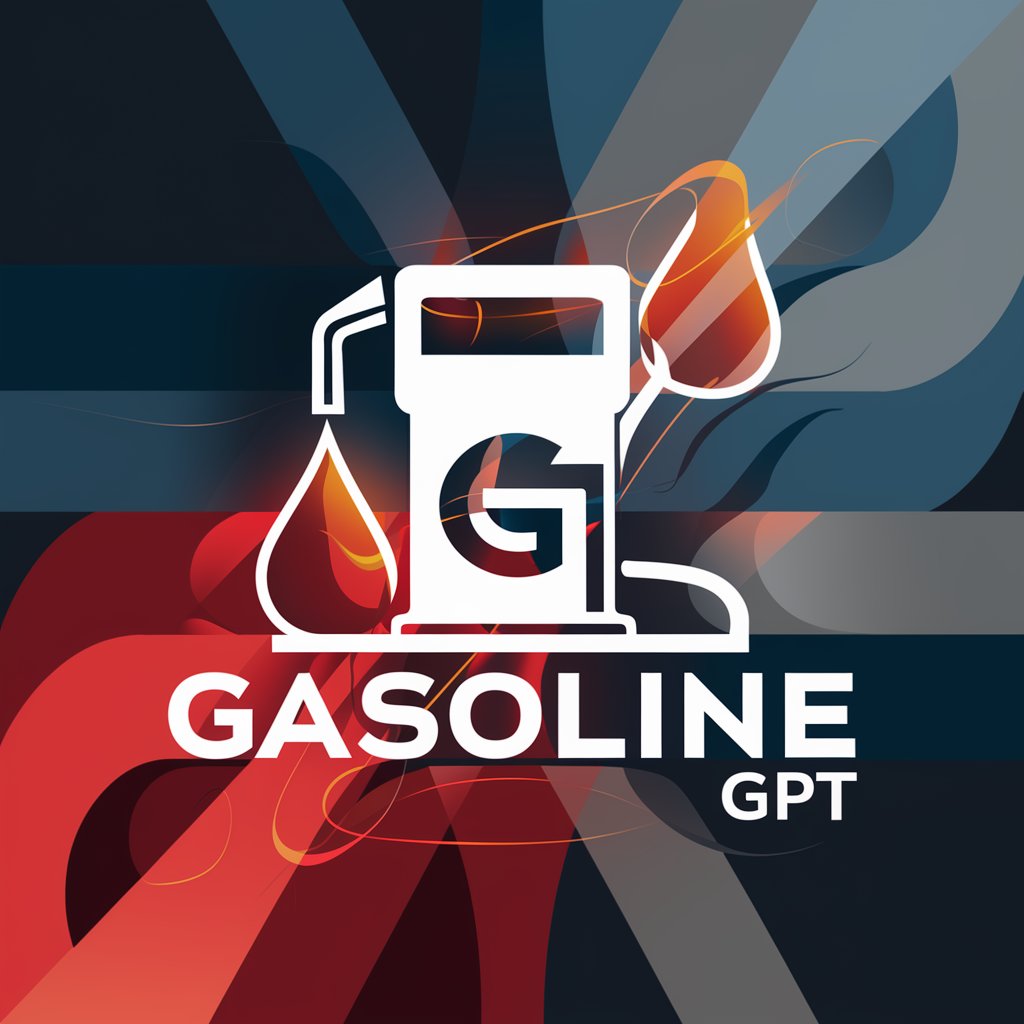
Welcome! Ask me anything about gasoline and the industry.
Fueling Knowledge with AI
Explain the differences between various grades of gasoline and their applications.
Describe the process of gasoline production from crude oil.
What are the global market trends in the gasoline industry?
How does gasoline impact engine performance and efficiency?
Get Embed Code
Introduction to Gasoline
Gasoline is a specialized GPT (Generative Pre-trained Transformer) designed with a focus on the gasoline industry. Its primary purpose is to provide detailed knowledge and insights related to various aspects of gasoline, including its production, types, applications, and the global market dynamics. By leveraging a vast database and advanced analytical tools, Gasoline is adept at dissecting complex topics within the gasoline sector. For example, it can explain the chemical composition of gasoline, the differences between regular and premium grades, or the environmental impact of gasoline usage. Its design is intended to serve users seeking in-depth, industry-specific information that goes beyond general knowledge, making it a valuable resource for a wide range of inquiries related to gasoline. Powered by ChatGPT-4o。

Main Functions of Gasoline
Industry Analysis
Example
Providing insights into the latest trends in gasoline prices and how geopolitical events affect supply and demand.
Scenario
An industry analyst uses Gasoline to prepare a market dynamics report for stakeholders.
Educational Support
Example
Explaining the refining process of crude oil into gasoline, including the various stages and the technologies involved.
Scenario
A student researching for a project on fossil fuels uses Gasoline to gather detailed information on gasoline production.
Technical Advice
Example
Offering recommendations on the best type of gasoline for different types of engines based on their design and performance requirements.
Scenario
A car enthusiast queries Gasoline for advice on the optimal gasoline for a high-performance sports car.
Environmental Impact Analysis
Example
Assessing the environmental consequences of gasoline usage, including emissions, and exploring alternative fuels.
Scenario
An environmental researcher uses Gasoline to compare the carbon footprint of gasoline with that of electric vehicle energy sources.
Ideal Users of Gasoline Services
Industry Professionals
Professionals working within the gasoline supply chain, including production, distribution, and retail. They benefit from Gasoline's in-depth analysis of market trends, production techniques, and global supply dynamics.
Academic Researchers and Students
Individuals in academic settings looking for detailed information on the chemical properties of gasoline, its environmental impact, and its role in the global energy landscape. Gasoline's comprehensive data serves as an invaluable resource for projects, theses, and research papers.
Environmental Advocates
People focused on understanding the environmental aspects of gasoline usage, including its contribution to pollution and climate change. Gasoline can provide data on emissions, alternative fuels, and sustainable energy solutions.
Automotive Enthusiasts
Car enthusiasts and mechanics interested in the technical details of gasoline, such as octane ratings and their effects on engine performance. Gasoline offers insights that help them make informed decisions about fuel selection for optimal vehicle performance.

Guidelines for Using Gasoline
Initiate your exploration
Begin by accessing a comprehensive platform for information without the need for sign-ups or subscriptions, such as visiting a dedicated site that offers free trials.
Identify your needs
Determine the specific gasoline-related information you are seeking, whether it's about types, uses, or industry trends, to streamline your research process.
Utilize search features
Make use of advanced search functionalities to filter through the extensive database for specific topics, data, or insights on gasoline.
Engage with content
Deep dive into articles, studies, and resources provided to gain a comprehensive understanding of gasoline's applications and industry practices.
Apply knowledge
Leverage the information acquired for academic, professional, or personal projects, ensuring to adhere to safety standards and environmental regulations.
Try other advanced and practical GPTs
What should my salary be?
Empowering your salary decisions with AI

Gas
Empowering with AI-Powered Gas Intelligence
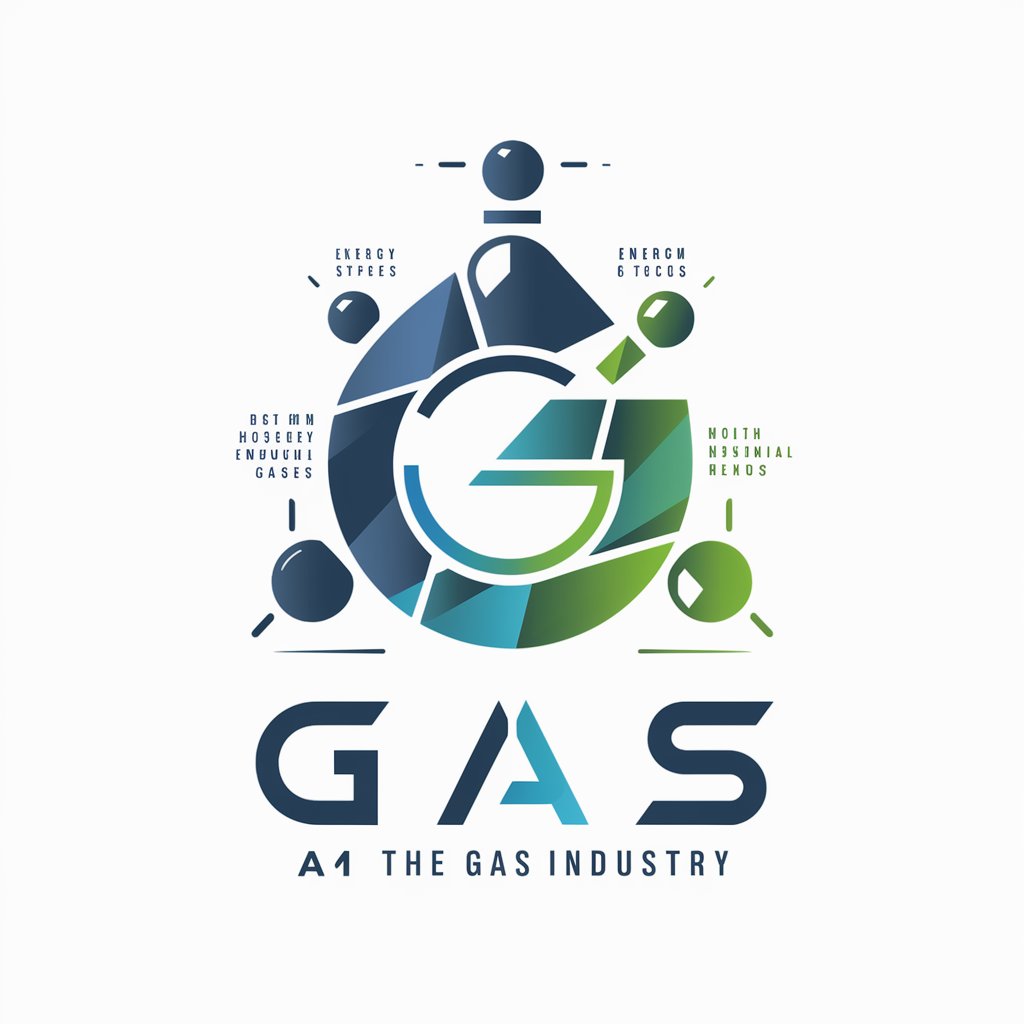
Pro
Empowering decisions with AI-driven insights.

Specialty
Unlock Expert Insights with AI

Green Audit Pro
Optimize energy with AI-driven insights
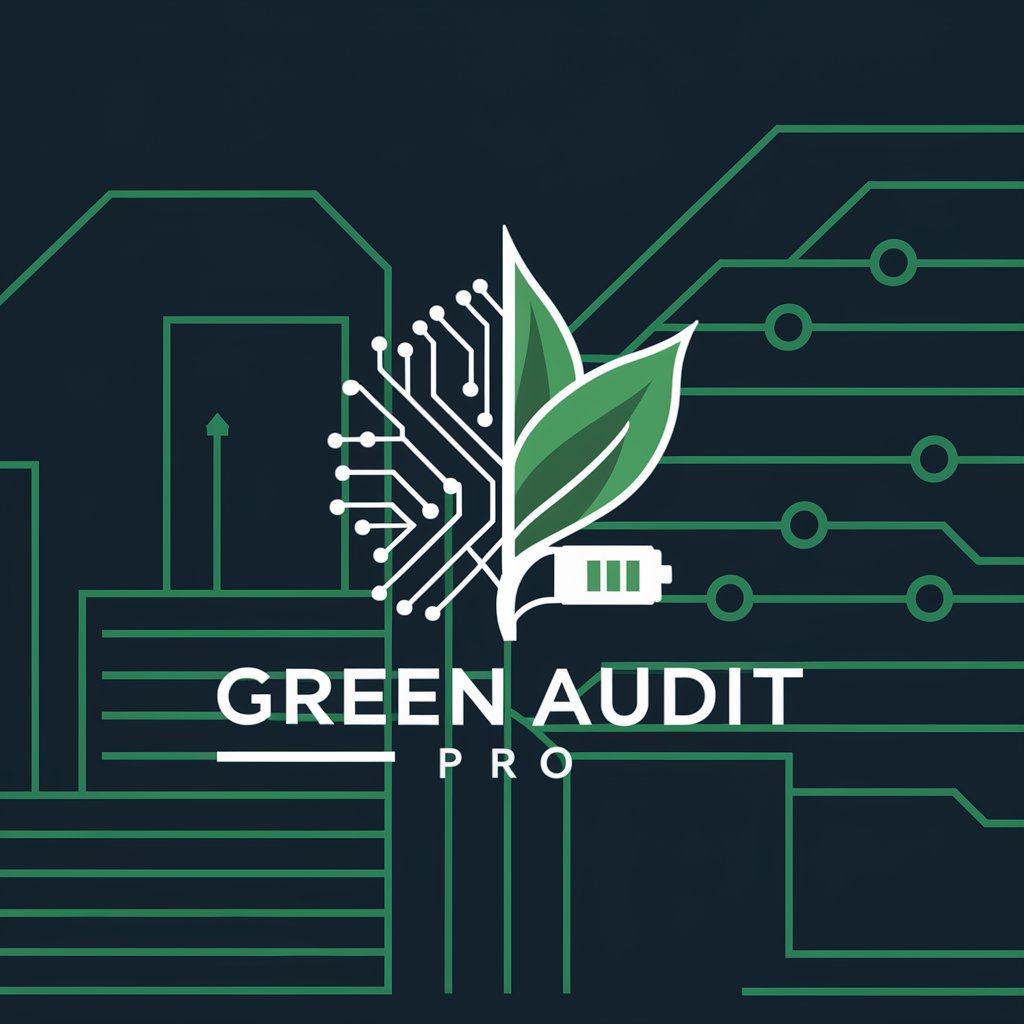
Promotion Bot
Elevate Your Construction Career with AI

Weight Loss Motivation
AI-powered Personal Fitness Coach

EcoCrafter AI
Crafting a greener world with AI.

Miami
Discover Miami with AI

Organize Your Life with GPT
AI-powered Life Management

Vegan
Empowering Your Vegan Journey with AI

Battery Life
Maximize your device's battery life with AI-powered tips.

Detailed Q&A about Gasoline
What differentiates various grades of gasoline?
Grades of gasoline are primarily differentiated by their octane ratings, which measure fuel's ability to resist 'knocking' or 'pinging' during combustion. Higher octane fuels are generally used in high-performance engines that require a higher resistance to pre-ignition.
How does gasoline impact the environment?
Gasoline combustion contributes to air pollution, releasing carbon dioxide, a greenhouse gas, and other pollutants that contribute to smog formation and respiratory problems. Efforts to mitigate these impacts include the development of cleaner-burning gasoline formulations and alternatives to gasoline-powered vehicles.
Can you explain the refining process of gasoline?
Gasoline is produced from crude oil through a series of refining processes including distillation, which separates oil into various components, and further treatment to improve the quality and characteristics of the fuel, such as reforming and blending with additives.
What are the main uses of gasoline besides fueling vehicles?
Beyond vehicles, gasoline powers a variety of equipment and machinery, including generators, lawn mowers, and small engines in motorcycles and boats. It's also used as a solvent in industries for cleaning purposes.
How do global market trends affect gasoline prices?
Gasoline prices are influenced by global crude oil prices, refinery and distribution costs, demand fluctuations, geopolitical events, and government policies. Seasonal demand changes, such as increased travel in summer, can also impact prices.

